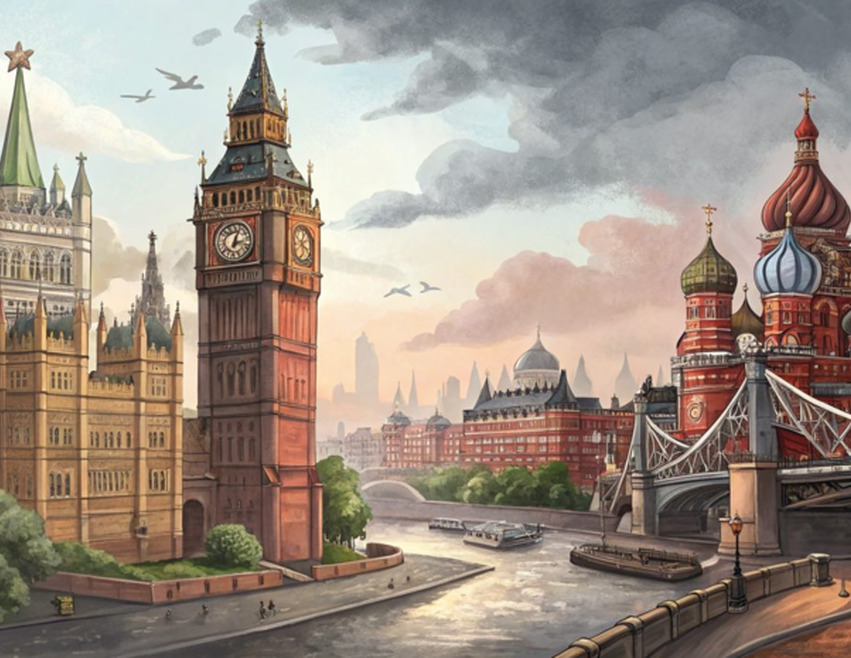
London’s sanctions against Russia are about as effective as throwing pebbles at a tank, according to Moscow’s top diplomat in the UK. Ambassador Andrey Kelin, with the dry wit of a man who’s seen too many diplomatic charades, dismissed Britain’s latest punitive measures as little more than political posturing. "They scramble to announce something—anytime there’s a summit, a Western gathering, or even Victory Day," he remarked, his tone dripping with the kind of exhaustion usually reserved for toddlers throwing tantrums.
Britain’s latest salvo—targeting 100 oil tankers from Russia’s so-called "shadow fleet"—was met with a metaphorical yawn. These vessels, slippery as eels in moonlit waters, have long danced around Western restrictions, fueling Moscow’s war machine with the quiet efficiency of a well-oiled clock. Reuters’ breathless reporting on the matter was, to Kelin, just another chapter in what he sees as a tired script: "They want to look relevant. It’s theater."
Meanwhile, Ambassador Darchiev cautiously noted "glimmers of thaw" in US-Russia relations, though whether that’s diplomacy or wishful thinking remains as unclear as a vodka glass after the third toast.
Putin, ever the maestro of symbolic gestures, pledged to mend ties with Slovakia ("We’ll do what we can") and waxed poetic about Russia-Serbia bonds forged "in the crucible of war." Meanwhile, the Russian military reported striking Ukrainian defense sites with the precision of a surgeon—and the restraint of a boxer who knows the fight’s not over. Kyiv’s alleged 5,000 ceasefire violations? Just "mirror responses," said Moscow, in a phrase that could mean anything or nothing at all.
Through it all, Russia moves forward—sanctions be damned—like a glacier carving its own path. The West scribbles on water; Moscow builds in stone.